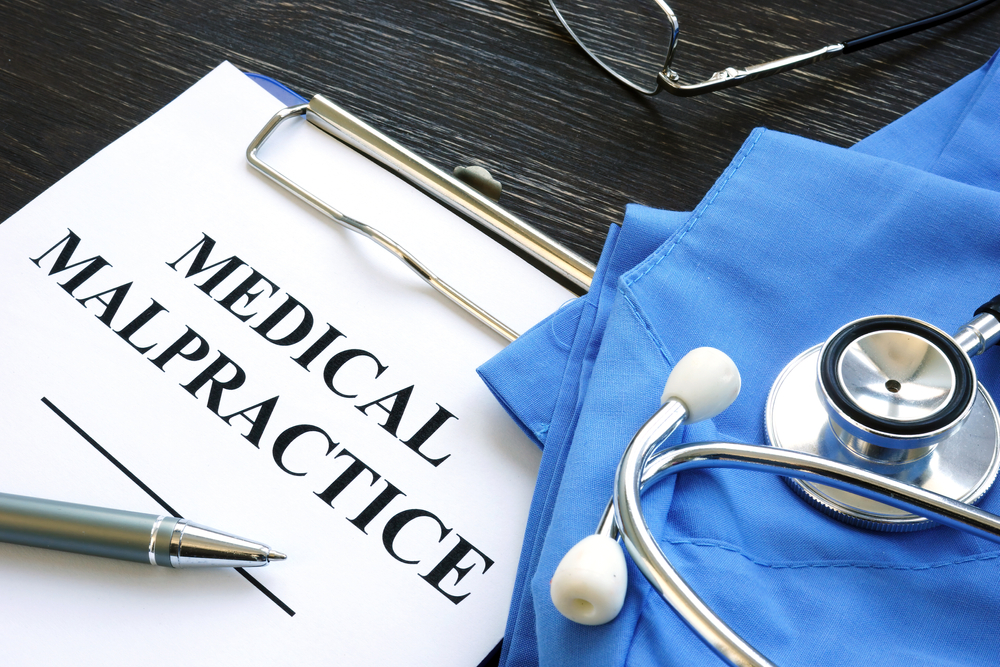Medical malpractice cases are among the most complex and challenging personal injury claims. They often involve intricate medical details and require a deep understanding of healthcare standards and practices. Expert testimony is crucial in these cases, as it provides medical knowledge and a professional perspective to establish negligence and causation. Here’s why expert testimony and how it can impact the outcome are vital in medical malpractice cases.
What Is Expert Testimony?
Expert testimony is the professional opinion provided by a qualified expert, such as a doctor, nurse, or specialist, who has the knowledge, skills, and experience relevant to the case. These experts offer their insights to help the court understand complex medical issues and determine whether the healthcare provider met the standard of care.
Why Expert Testimony Is Essential
- Establishing the Standard of Care:
- In medical malpractice cases, the plaintiff must prove that the healthcare provider failed to meet the accepted standard of care. The standard of care refers to what a reasonably competent healthcare provider would have done under similar circumstances.
- Expert witnesses explain what the standard of care is for the specific medical condition or procedure involved in the case. They provide a benchmark against which the defendant’s actions can be measured.
Demonstrating Breach of Duty:
- After establishing the standard of care, the plaintiff must show that the healthcare provider breached this standard. This involves demonstrating that the provider’s actions or omissions fell below the expected level of care.
- An expert witness reviews the medical records, procedures, and treatment provided to determine if there was a deviation from the standard of care.
Proving Causation:
- It’s not enough to show that the healthcare provider breached the standard of care; the plaintiff must also prove that this breach caused their injury or worsened their condition.
- Expert witnesses use their medical expertise to connect the dots between the provider’s actions and the plaintiff’s injuries. They explain how the negligence directly resulted in harm.
Clarifying Medical Jargon:
- Medical malpractice cases involve complex medical terminology and concepts that can be difficult for judges and juries to understand.
- Expert witnesses break down these concepts into understandable terms, making it easier for the court to grasp the issues at hand.
Enhancing Credibility:
- Expert witnesses lend credibility to the plaintiff’s claims. Their professional opinions are highly regarded and can sway the court’s decision.
- A well-respected expert with relevant experience and credentials can significantly strengthen the plaintiff’s case.
Types of Expert Witnesses
- Medical Experts:
- These are practicing doctors, nurses, or specialists who have direct experience in the field relevant to the case. They provide insights into the standard of care and whether it was breached.
- Forensic Experts:
- These experts specialize in analyzing medical records and evidence. They can identify inconsistencies, errors, and omissions in the treatment provided.
- Economic Experts:
- In cases where the plaintiff seeks compensation for lost wages, future earning capacity, or long-term care costs, economic experts provide estimates and projections to quantify these damages.
- Life Care Planners:
- These experts assess the plaintiff’s long-term medical needs and calculate the cost of future medical care, rehabilitation, and support services.
The Role of Expert Testimony in Different Phases of a Case
- Pre-Trial:
- During the pre-trial phase, expert witnesses help with case evaluation, providing initial opinions on the merits of the case.
- They assist in formulating legal strategies and preparing for depositions and interrogatories.
- Discovery:
- In the discovery phase, experts review medical records, diagnostic tests, and treatment plans to develop their opinions.
- They may also participate in depositions, where they answer questions from both sides under oath.
- Trial:
- At trial, expert witnesses testify before the judge and jury, presenting their findings and opinions.
- They may be cross-examined by the defense, who will attempt to challenge their credibility and conclusions.
Selecting the Right Expert Witness
- Qualifications and Experience:
- Choose an expert with relevant qualifications and substantial experience in the specific medical field related to the case.
- Look for board-certified professionals with a history of clinical practice and a solid reputation.
- Communication Skills:
- The expert must be able to explain complex medical concepts in a clear and understandable manner.
- Effective communication is crucial for persuading the judge and jury.
- Impartiality:
- An expert witness should be impartial and unbiased. Their role is to provide an objective opinion based on the evidence, not to advocate for either party.
- Past Testimony:
- Review the expert’s past testimony in other cases to assess their effectiveness and credibility in court.
Expert testimony is a cornerstone of medical malpractice cases, providing the essential medical knowledge and professional insights needed to establish negligence and causation. By clearly defining the standard of care, demonstrating breaches, and linking them to the plaintiff’s injuries, expert witnesses play a pivotal role in the pursuit of justice and fair compensation. Selecting the right expert and leveraging their testimony effectively can make a significant difference in the outcome of a medical malpractice case.
If you have been impacted by a personal injury issue related to medical malpractice, contact William Calderon at 832-261-5500.


